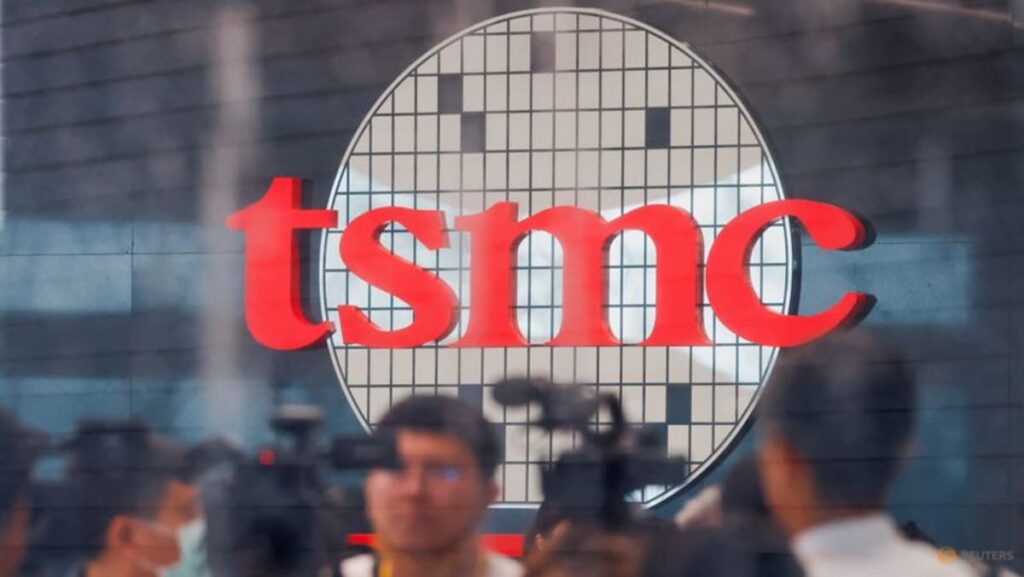SEOUL: For over a decade, the United States has been waging its chip cold war with a familiar arsenal. Blacklists, export controls and extraterritorial rules – all staples of Washington’s well-worn playbook – were meant to deny China access to critical technologies and stall the ascent of its tech capabilities. The stall never came.
In response, restrictions have grown increasingly severe. The US government is now weighing additional restrictions on China, including revoking waivers that allow global chipmakers to access US technology in their China-based operations, according to a report in the Wall Street Journal.
China, meanwhile, has continued to advance. Local tech giant Huawei weathered US blacklisting in 2019.
SMIC, China’s largest chipmaker, continued production despite sanctions and in 2022, surprised the industry by making chips using advanced 7 nanometre technology. The leap from 14 nanometres took just two years, according to consultancy TechInsights, faster than Taiwan Semiconductor Manufacturing Company (TSMC) and Samsung.
Most striking is Huawei’s latest AI chip, the Ascend 910C, produced by SMIC. Huawei’s chips have begun to displace Nvidia’s products in China with the US company’s local market share down to 50 per cent from 95 per cent. Nvidia chief executive Jensen Huang has called US export controls on China a failure, costing US companies billions of dollars in lost sales.
Read the full article here

